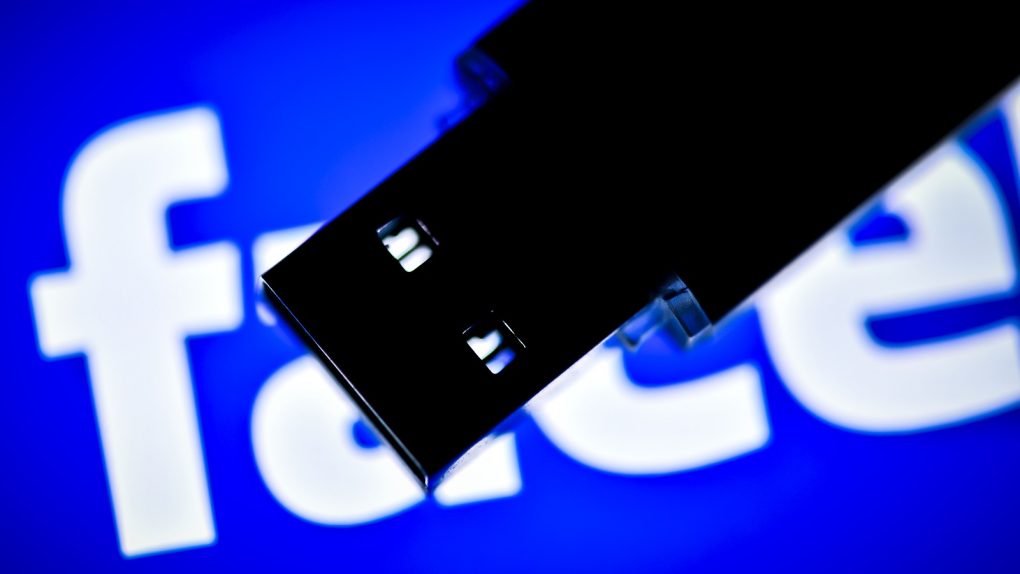With Facebook still trying to recover from the Cambridge Analytica scandal, the social networking giant this past Friday announced a fundamental change to the way the company plans to handle advertisements on political and hot button issues. Specifically, any advertiser interested in posting an ad on a heated topic like gun control or abortion will need to be verified. The overarching aim of this approach is to prevent the type of user manipulation some Russian actors carried out during the 2016 presidential election.
“These steps by themselves won’t stop all people trying to game the system,” Facebook CEO Mark Zuckerberg explained in a recent blog post. “But they will make it a lot harder for anyone to do what the Russians did during the 2016 election and use fake accounts and pages to run ads.”
As to how the verification system will work, Zuckerberg notes that advertisers will have to confirm both their identity and location should they want to advertise in favor of or in opposition to a specific political issues. The new verification system — which will see Facebook hire thousands of new employees — will first go into effect for US based advertisers and will encompass other countries “in the coming months.”
Going one step further, users who manage large Facebook groups will also need to go through a verification process. Zuckerberg notes that this will “make it much harder for people to run pages using fake accounts, or to grow virally and spread misinformation or divisive content that way.”
As a point of interest, Zuckerberg will be heading to Washington D.C. this week to answer questions from lawmakers about the privacy scandal that has seen the company’s share price plummet in recent weeks.
Facebook’s press release on the matter can be viewed over here. Meanwhile, Zuckerberg’s blog post on the upcoming changes to Facebook can be viewed below:
With important elections coming up in the US, Mexico, Brazil, India, Pakistan and more countries in the next year, one of my top priorities for 2018 is making sure we support positive discourse and prevent interference in these elections.
After we identified Russian interference in the 2016 US elections, we successfully deployed new AI tools leading up to the 2017 French, German, and Alabama Senate special elections that removed tens of thousands of fake accounts. Earlier this week, we took down a large network of Russian fake accounts that included a Russian news organization.
Today we’re taking two more big steps:
First, from now on, every advertiser who wants to run political or issue ads will need to be verified. To get verified, advertisers will need to confirm their identity and location. Any advertiser who doesn’t pass will be prohibited from running political or issue ads. We will also label them and advertisers will have to show you who paid for them. We’re starting this in the US and expanding to the rest of the world in the coming months.
For even greater political ads transparency, we have also built a tool that lets anyone see all of the ads a page is running. We’re testing this in Canada now and we’ll launch it globally this summer. We’re also creating a searchable archive of past political ads.
Second, we will also require people who manage large pages to be verified as well. This will make it much harder for people to run pages using fake accounts, or to grow virally and spread misinformation or divisive content that way.
In order to require verification for all of these pages and advertisers, we will hire thousands of more people. We’re committed to getting this done in time for the critical months before the 2018 elections.
These steps by themselves won’t stop all people trying to game the system. But they will make it a lot harder for anyone to do what the Russians did during the 2016 election and use fake accounts and pages to run ads. Election interference is a problem that’s bigger than any one platform, and that’s why we support the Honest Ads Act. This will help raise the bar for all political advertising online.








